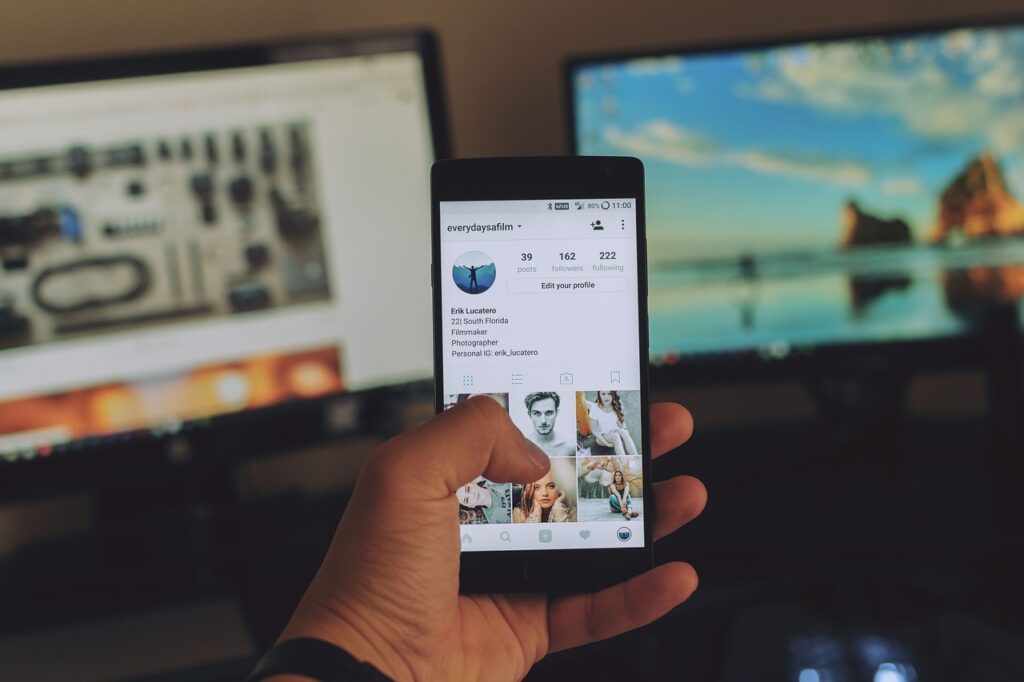In today’s digital landscape, social media influencers have become a driving force for brand growth. With their ability to engage and inspire large audiences, influencers can significantly impact consumer behavior. Brands leverage influencer marketing to build trust, increase visibility, and drive sales. This post explores how to harness the power of social media influencers for your brand’s growth.
Benefits of Collaborating with Social Media Influencers
Partnering with social media influencers offers numerous advantages. Influencers have a loyal and engaged follower base, which can translate to high levels of brand awareness and engagement. They provide authentic content that resonates with their audience, leading to improved trust and credibility for your brand. Additionally, influencer collaborations often result in higher conversion rates as recommendations from trusted figures hold more weight than traditional advertising. By tapping into the influencer’s niche, brands can reach targeted demographics more effectively, ensuring that their marketing efforts are both efficient and impactful.
Identifying the Right Influencers for Your Brand
Choosing the right influencers is crucial for the success of your marketing campaign. Start by defining your goals and identifying the key characteristics of your target audience. Look for influencers whose followers match this demographic. Evaluate the influencer’s engagement rates, content quality, and alignment with your brand values. Tools like social media analytics and influencer marketing platforms can aid in this process. It’s also important to review past collaborations to gauge their effectiveness. Establishing a genuine connection with the influencer ensures a more authentic partnership, leading to better results.
Effective Strategies for Influencer Partnerships
To maximize the benefits of influencer marketing, brands should implement effective partnership strategies. Start by clearly outlining your objectives and expectations. Provide influencers with creative freedom while ensuring that their content aligns with your brand message. Long-term collaborations often yield better results than one-off campaigns, as they allow for deeper audience engagement and trust-building. Additionally, leveraging multiple platforms can amplify the reach of your campaign. Regularly monitor the performance of your influencer partnerships and be open to feedback to continually refine your strategy.
Measuring the Success of Influencer Marketing Campaigns
Evaluating the success of your influencer marketing efforts is essential for optimizing future campaigns. Key performance indicators (KPIs) such as engagement rates, reach, and conversion rates provide valuable insights. Utilize tracking tools and analytics to measure these metrics. Additionally, consider qualitative data like audience sentiment and feedback. Analyzing sales data and return on investment (ROI) helps determine the financial impact of your campaigns. Regular reporting and analysis enable brands to make data-driven decisions and improve their influencer marketing strategies over time.
Case Studies: Brands Successfully Using Influencer Marketing
Several brands have harnessed the power of influencer marketing with great success. For instance, fashion brand Revolve collaborates with influencers to create buzz and drive sales during major events. Their strategic use of influencer partnerships has significantly boosted their brand visibility and engagement. Similarly, beauty brand Glossier leverages micro-influencers to promote their products authentically, resulting in a highly loyal customer base. These case studies demonstrate the potential of well-executed influencer marketing campaigns to achieve substantial brand growth.
Future Trends in Influencer Marketing
The influencer marketing landscape is continually evolving. One emerging trend is the rise of micro and nano-influencers, who, despite their smaller follower counts, often have highly engaged audiences. Brands are increasingly valuing authenticity and niche influence over sheer numbers. Additionally, the integration of advanced analytics and AI is enhancing the precision of influencer selection and campaign measurement. As social media platforms evolve, new formats like live streaming and short-form videos are becoming more prominent. Staying ahead of these trends ensures that brands can continue to leverage influencer marketing effectively.


